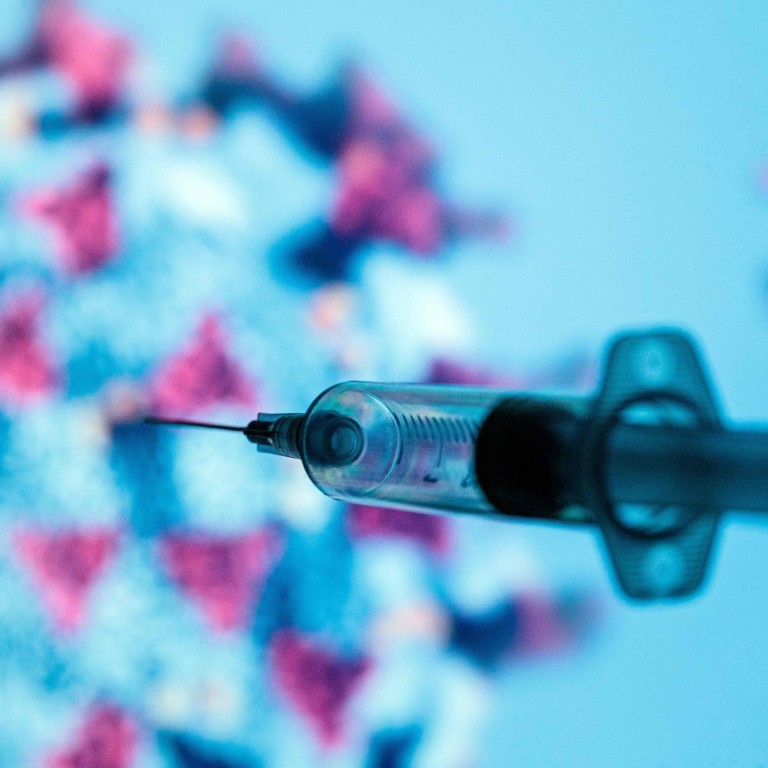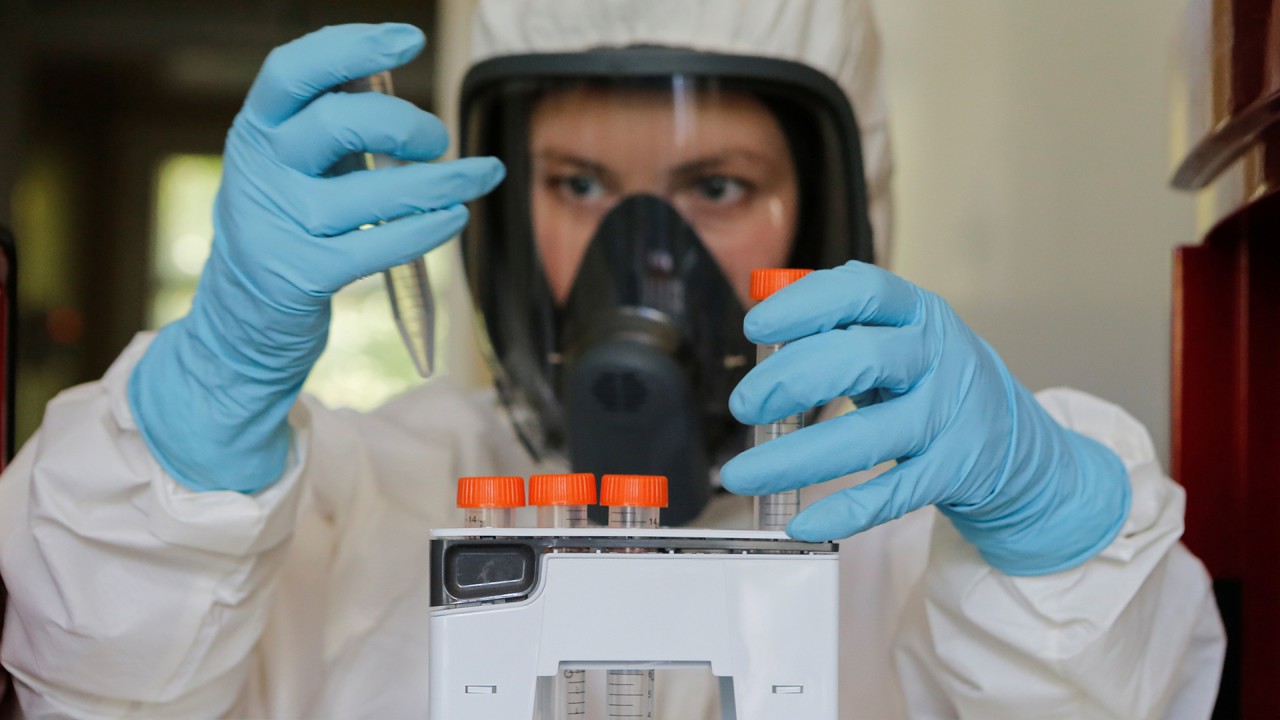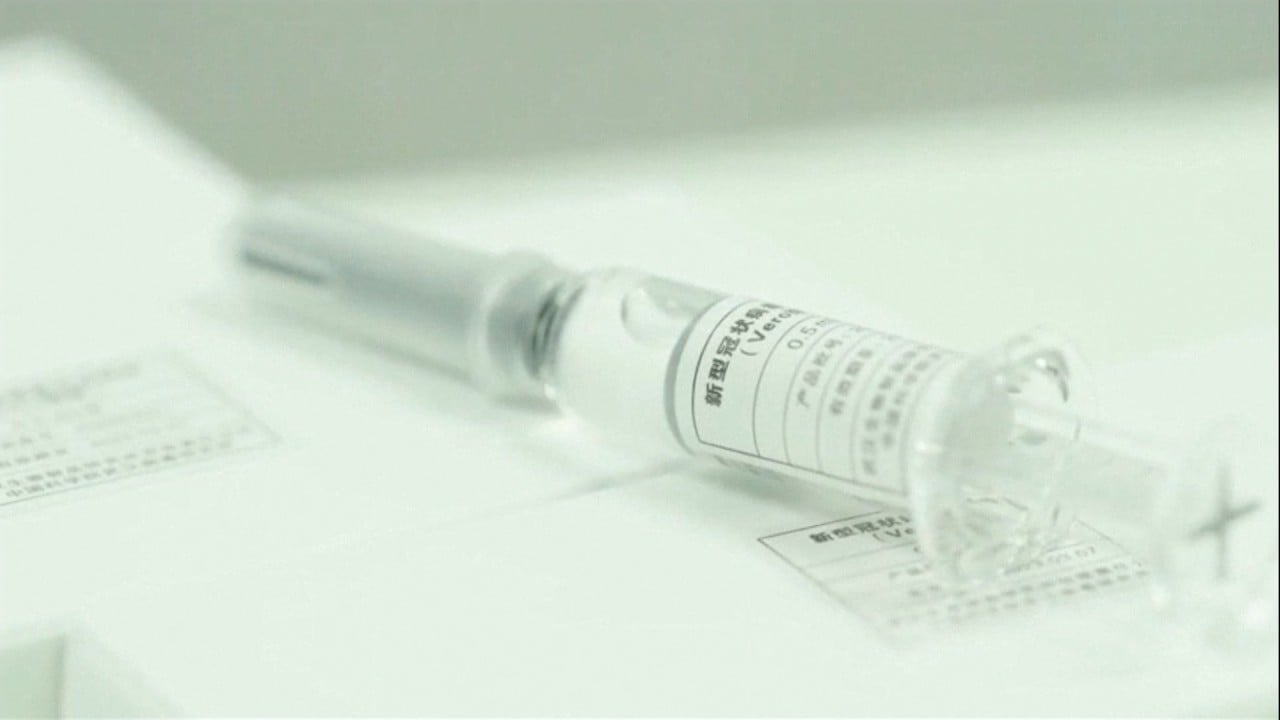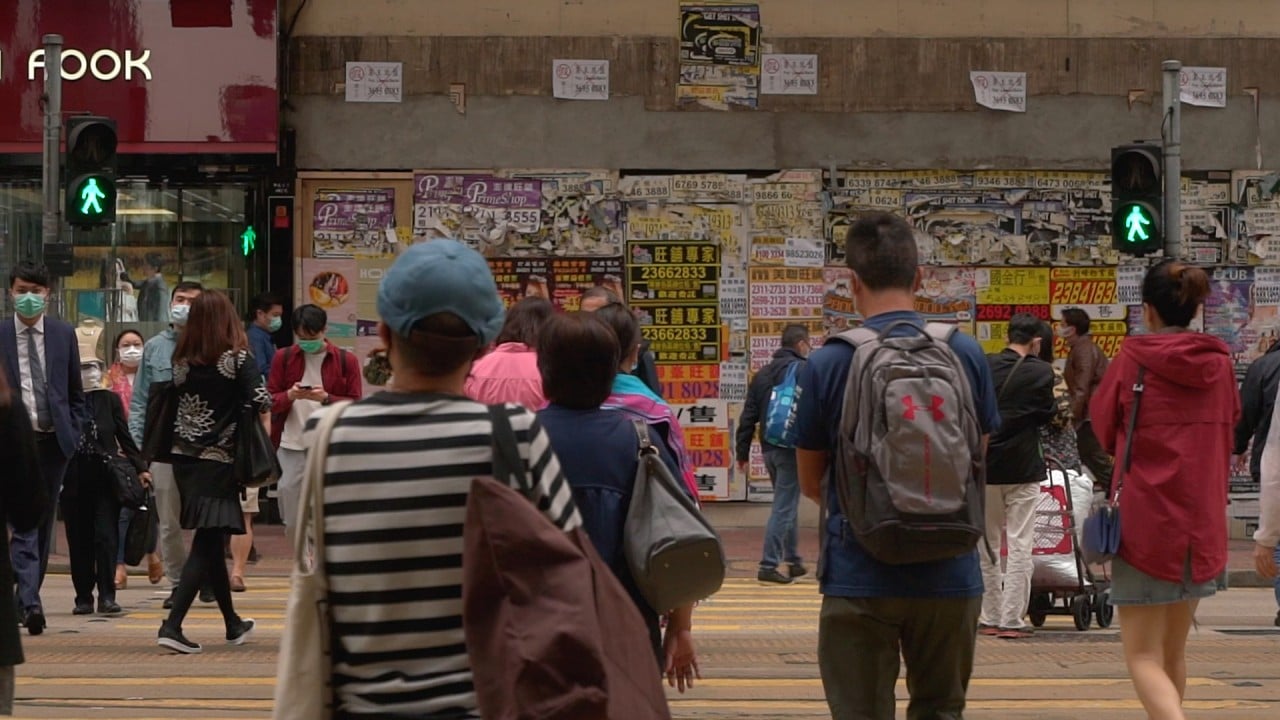
Coronavirus immunity short-lived if you had mild or no symptoms, study finds
- Cells responsible for lasting ability to fight the virus were not found in those patients, Chinese scientists say
- Absence of the cells casts doubt on patients’ ability to produce the complete immune response needed for a vaccine to work
A research team led by Dr Ye Lilin with the Institute of Immunology of Army Medical University in Chongqing found that only patients recovering from severe or moderate conditions had memory immune cells targeting the Sars-CoV-2 virus.
About 80 per cent of people who have tested positive had mild or no symptoms, according to some estimates. Whether they could become infected again is now one of the biggest concerns in the research community, with a bigger, deadlier wave feared to be possible in the coming northern hemisphere autumn.
The new discovery “will lay the foundation for rationally designing effective vaccines”, said Ye and colleagues in a non-peer-reviewed paper posted on medrxiv.org on Monday.

02:03
Russia approves ‘world’s first’ Covid-19 vaccine, President Vladimir Putin says
More than 400 vaccines have been developed and are undergoing clinical trials around the globe, according to a recent survey.
Whether or for how long the induced immune protection could last remains an open question, though. An increasing number of studies suggest that some infected patients quickly lose antibodies.
The military researchers studied blood samples collected from nearly 60 patients in Chongqing, in southwest China, at different stages of disease development. Their conditions ranged from serious to asymptomatic. The patients were then compared with eight healthy volunteers recruited by the military with no previous contact with the virus.

01:39
China prepares for coronavirus vaccine mass production though clinical trials are not yet complete
The difference was “striking”, they said. Patients with no or mild symptoms failed to generate any of the lasting cells that target the coronavirus, according to their analysis. Memory B cells are generated by the immune system, and are capable of recognising the virus and producing antibodies even decades after infection.
The researchers noticed an increase of “helper” and “killer” T cells in these patients, however. These T cells are another type of immune cells that can attack foreign intruders, but they are not specifically targeting Sars-CoV-2. Ye suspected that they were remnants of previous infections caused by other types of coronavirus that resulted in common flu.
China already using Covid-19 vaccine candidate on key workers, official says
Patients who had fought hard against the coronavirus, some of them close to death for weeks, had acquired a large amount of memory B cells, so were more equipped to fend off another attack.
But these very sick patients had been unable to produce enough, if any, T cells, the study found. The cause of this phenomenon was unclear.
In either case, the patients’ immune response was incomplete, Ye and his colleagues said. The B and T cells usually need to work together to fend off a viral attack.
Inducing both of those immune responses may be crucial for a vaccine to prevent Sars-CoV-2 infection, they said.

03:49
World’s first coronavirus reinfection case confirmed in Hong Kong, a university study reports
Some countries that have been unable to stop the spread of the outbreak have expressed hope that their populations would eventually acquire herd immunity.
White House Covid-19 adviser Dr Scott Atlas has argued that infection of low-risk groups such as young people would not lead to more deaths.
A non-peer-reviewed study published last week by The Lancet said that a 25-year-old man in Nevada had shown mild symptoms during his first infection but developed a severe condition when he was reinfected.

